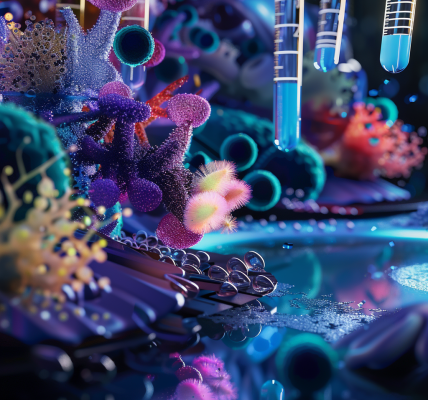On March 16, 2024, a groundbreaking medical procedure took place at Massachusetts General Hospital. Surgeons successfully transplanted a genetically modified pig kidney into a 62-year-old man suffering from end-stage kidney disease. This innovative operation marked a significant advancement in the field of medicine.
The recipient of the transplant, Richard Slayman, had been battling the effects of kidney failure for years. With healthy kidneys being essential for filtering toxins and excess fluids from the blood, the failure of these organs can lead to serious health complications. In the absence of a suitable human kidney for transplant, patients like Slayman often rely on dialysis machines to mechanically filter their blood.
After spending seven years on dialysis and receiving a human kidney in 2018, Slayman found himself back on dialysis by 2023 due to the failure of the transplanted organ. This led to a decline in his health, requiring frequent hospital visits and resulting in congestive heart failure. Like many others in the United States, Slayman joined the extensive waiting list for a human kidney, a process that can often be challenging and, tragically, unsuccessful.
The successful transplantation of a pig kidney into Slayman represents a significant milestone in the field of xenotransplantation, the process of transplanting animal organs into humans. Nephrologist Stanley Goldfarb believes that the ability to transplant animal organs effectively could be as groundbreaking as finding a cure for cancer. This achievement is the result of over a century of scientific innovation and a deep understanding of molecular biology, with no consideration given to racial identity.
The concept of xenotransplantation harkens back to the early days of organ transplant research when surgeons explored the use of organs from other mammals due to the challenges associated with human organ donation. Pioneers like Alexis Carrel conducted transplant experiments on animals, laying the groundwork for future advancements in the field. Despite initial attempts at transplanting organs from goats, sheep, and monkeys into humans, these efforts were met with limited success due to immunological challenges.
It was the field of immunology that ultimately shed light on the complexities of organ transplantation. The human immune system’s response to foreign tissue proved to be a significant hurdle, with varying degrees of rejection based on the genetic distance between donor and recipient species. Through continued research and advancements in medical science, the barriers to successful xenotransplantation have gradually been overcome.





